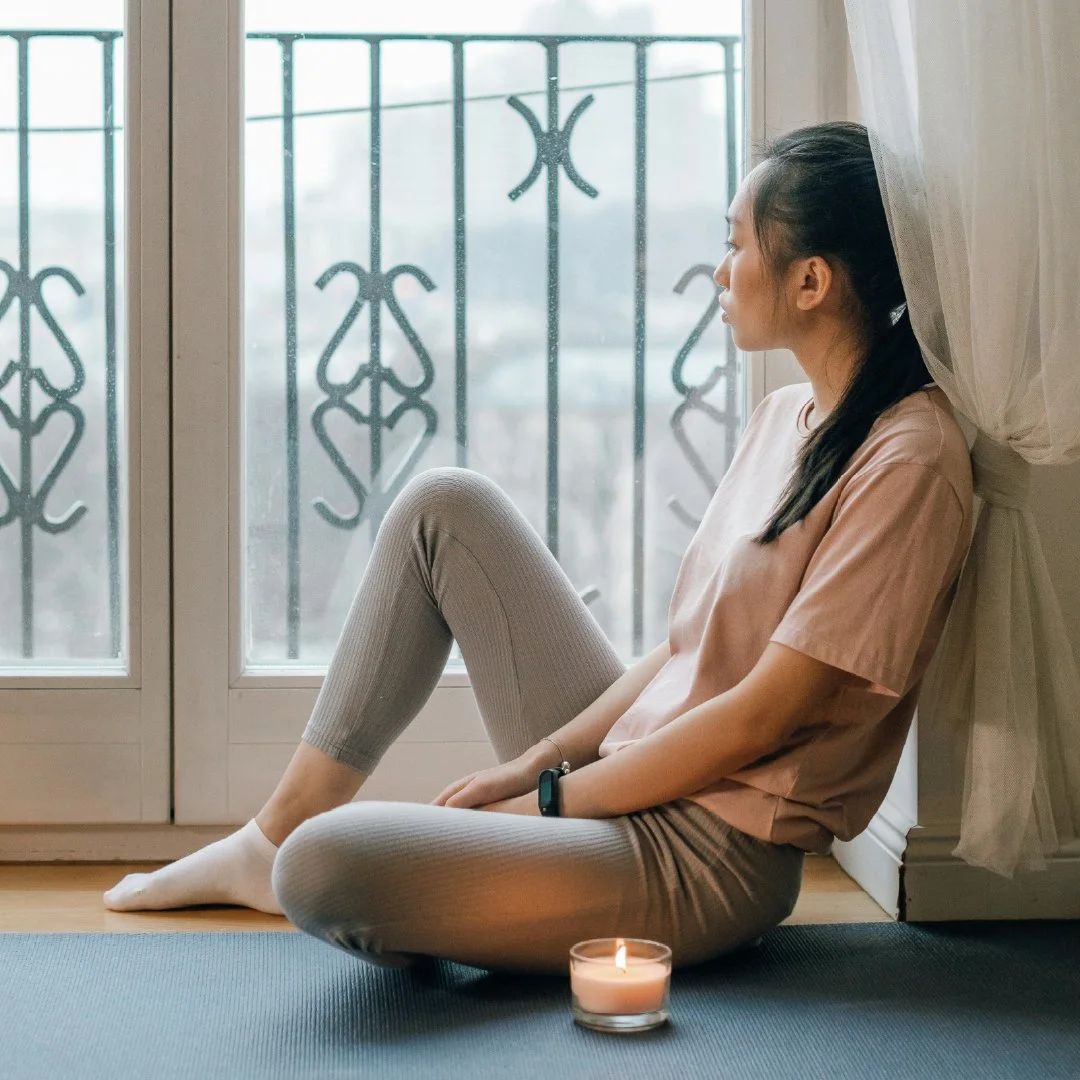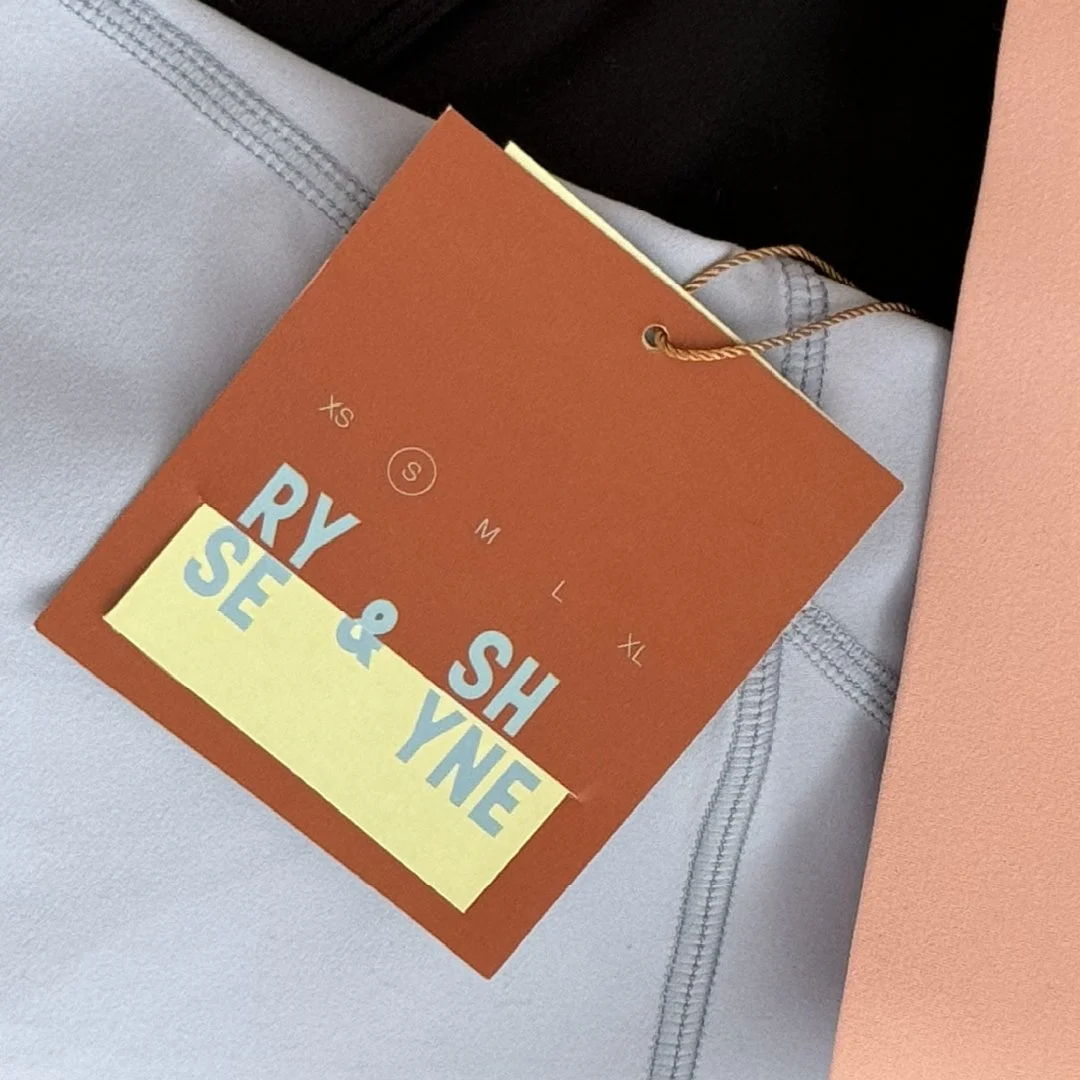What Power Feels like Now
Power used to feel like a performance. It was the perfectly curated image, a string of accomplishments tied together with applause from others—a constant pursuit of being seen, admired, validated. Back then, I believed power lived outside of me. It resided in what others thought I had achieved, rather than what I inherently carried inside. I worked tirelessly to keep it alive, chasing moments that would affirm my worth. But that kind of power was exhausting. It flickered and faded as quickly as it came, leaving me feeling empty and unseen, despite all the noise.
What I didn’t know then was that the power I was chasing wasn’t mine. It wasn’t enduring. It was borrowed—dependent on the opinions, expectations, and judgments of others. It left me questioning myself far more than it fortified me. And yet, I clung to it because it was all I knew.
It took time and disruption to unlearn that version of power. I had to shed layers of who I thought I was supposed to be and sit with the quieter truths of who I actually was. The process wasn’t neat or linear. There were moments of discomfort, of feeling lost. But in that space, power began to take root in a new way—steadier and more grounded than before.
Power, for me now, feels less like a roar and more like a steady heartbeat. It’s the calm certainty that comes when you stop seeking permission to exist as you are. It no longer hinges on being impressive to others; instead, it’s tied to being honest with myself. It’s in honoring my values, making choices that align with my integrity, and knowing that my worth isn’t up for debate.
One of the greatest changes in my understanding of power was releasing the need to be in control of everything. I used to believe that power meant holding on tightly—planning every detail, bracing for the worst, keeping a firm grip on outcomes. It was fear disguised as strength. Now, power feels more like surrender. Not the kind of surrender that implies giving up, but the kind where you trust yourself enough to release the excess, to stop carrying things that aren’t meant for you. It’s admitting that you don’t need all the answers to be whole.
I think of power now as a choice to show up authentically, even when it feels vulnerable. It’s looking in the mirror and being unflinchingly honest about who you see, while extending yourself grace. It’s giving yourself permission to evolve, to change your mind, to rest. It’s shifting from “What will they think of me?” to a quieter, more reassuring question: “What feels right to me?”
Power at its core is deeply personal. For some, it’s the courage to set boundaries for the first time. For others, it’s pursuing a dream that doesn’t make sense to anyone else. For me, it’s leaning into my own rhythms—allowing myself to rest when I need it and to rise when the moment feels right. It’s trusting that my voice matters, even in a world that can be deafening.
There’s also a kind of softness to this version of power, which feels counterintuitive at first. We’re taught to associate power with dominance, loudness, and control. But I’ve learned that true power makes room—for connection, for vulnerability, for mistakes. It’s not about overpowering others; it’s about standing firmly in your truth, while honoring theirs.
To anyone navigating their own shifting definition of power, I would say this: take your time. The process of unlearning is inherently messy, but within that mess lies the freedom to redefine what power means to you. Maybe it’s quieter than you expected, less showy, more fluid. Maybe it’s found in places you’d never think to look—in the stillness, in the release, in the small, courageous choices you make each and every day.
What power feels like now is alignment. It’s a partnership with my values and a promise to live in a way that honors both my strengths and my humanity. It’s an unshakable knowing that, even in moments of doubt, my worth remains intact. This is the kind of power that doesn’t fade—because it was never borrowed. It was always mine.




